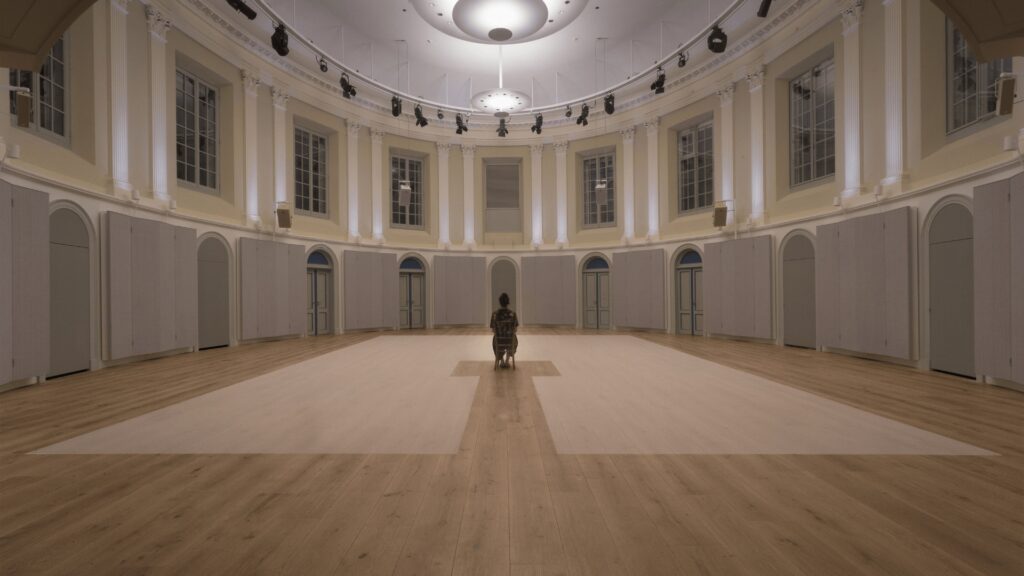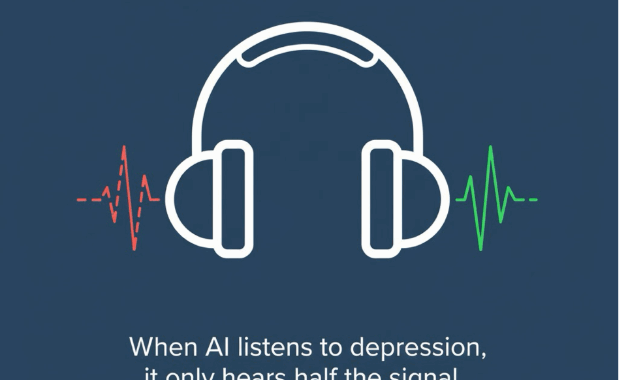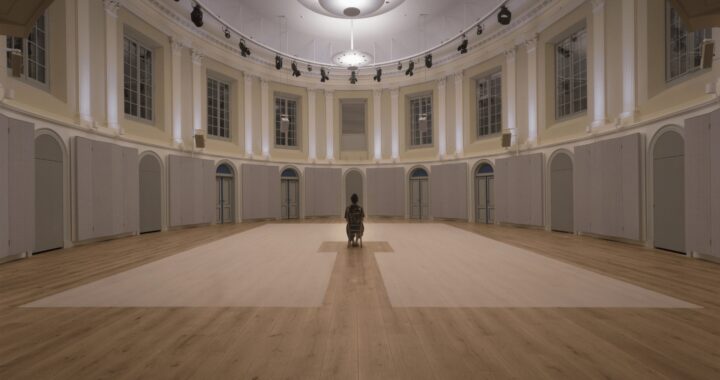
Ramadan: What does fasting do to your brain?
Ramadan is a holy month in Islam, focused on introspection. A key part is fasting between sunrise and sunset. What effect does this have on the brain? Esther Aarts, scientist and research program leader in Nutrition & Cognition, explains.
 Ramadan: What does fasting do to your brain?
Ramadan: What does fasting do to your brain?  The more we learn, the more we forget?
The more we learn, the more we forget?  The ultimate secret: what happens when we die?
The ultimate secret: what happens when we die? 












